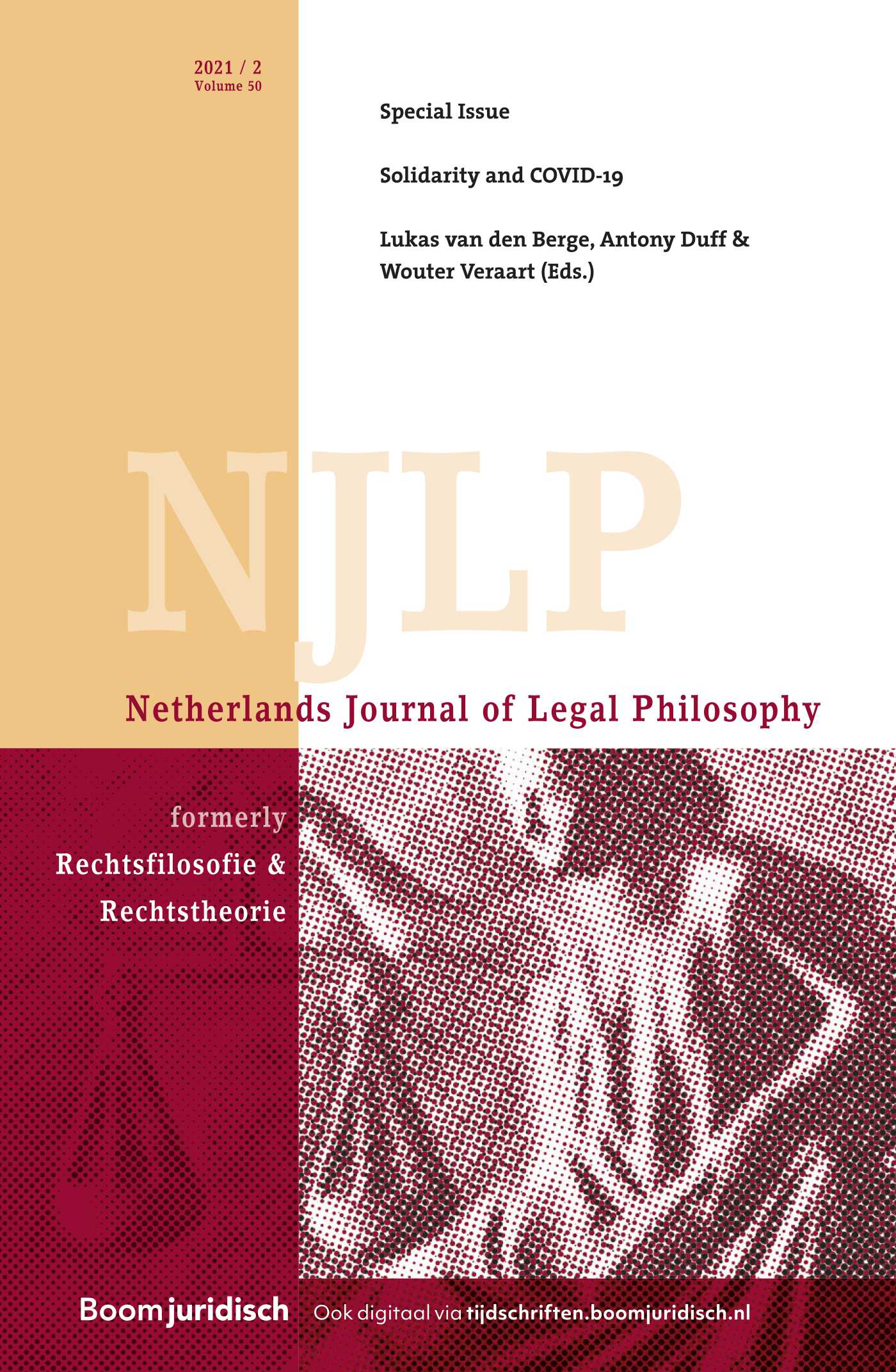|
Incorporated groups include businesses, universities, churches and the like. Organized to act as single centers of agency, they also routinely satisfy the three conditions that make an agent fit to be held responsible: they face significant choices, can recognize the relative value of different options, and are able to choose in sensitivity to such values. But is it redundant to hold a corporate agent responsible for something, when certain members are also held responsible for the individual parts they play? No it is not, for it is often possible for a corporate entity to be fully fit to be held responsible, when this is not true of the individual members; they may be able to make excuses that are not available at the corporate level. Does the case made for corporate responsibility extend to unincorporated collectivities like nations or religions? Not strictly but it does explain why it may be sensible to treat those collectivities as if they had corporate responsibility in certain domains. |


Netherlands Journal of Legal Philosophy
Meer op het gebied van Algemeen, Open Access
Over dit tijdschriftMeld u zich hier aan voor de attendering op dit tijdschrift zodat u direct een mail ontvangt als er een nieuw digitaal nummer is verschenen en u de artikelen online kunt lezen.
| Redactioneel |
|
| Auteurs | prof. mr. Hans Lindahl en mr. Erik Claes |
| Auteursinformatie |
| Hoofdartikel |
|
| Trefwoorden | corporate agency, corporate responsibility, collective responsibility |
| Auteurs | prof. Philip Pettit |
| SamenvattingAuteursinformatie |
| Artikel |
|
| Trefwoorden | collective criminal responsibility;, individual responsibility |
| Auteurs | dr. Govert den Hartogh |
| SamenvattingAuteursinformatie |
|
This paper argues, against Pettit’s thesis about the incorporation of responsibility, that holding collective agents criminally responsible is necessarily either redundant or unfair: redundant if responsibility can be distributed without remainder over individual persons; unfair if it cannot. It should be the task of legal systems to create chains of individual criminal responsibility encompassing executives, officials, and members of corporate agents. |
| Artikel |
|
| Trefwoorden | collective responsibility, individual responsibility |
| Auteurs | prof. Bert van den Brink |
| SamenvattingAuteursinformatie |
|
Whereas Pettit distinguishes between responsibility for the enactment of a directly harmful act and responsibility for the arrangement or constitution that channels the formation of a corporate agent’s beliefs, desires, and intentions, we should acknowledge the existence of yet a third level of responsibility: the enactment of corporate arrangements that makes the enactment of harmful corporate actions likely or unavoidable. |
| Artikel |
|
| Trefwoorden | responsibility, accountability, imputation, liability |
| Auteurs | prof. Bert van Roermund en prof. Jan Vranken |
| SamenvattingAuteursinformatie |
|
Responsibility disappears into the background of private law as it deals with imputation of liability. Fitness to be held liable is determined by normative viewpoints different from moral ones, in particular by convictions on how society ought to be organized so as to avoid or end conflict between private citizens. Modes of discursive control are geared to making authoritative decisions in view of the same end, and corporate agency is created, restricted or enlarged to undercut or to impose individual liability. |
| Artikel |
|
| Trefwoorden | collective responsibility, international legitimacy, global justice |
| Auteurs | prof. Ronald Tinnevelt |
| SamenvattingAuteursinformatie |
|
This paper critically scrutinizes Pettit’s defence of corporate and collective responsibility in the light three questions. First, does Pettit successfully argue the passage from corporate responsibility to the responsibility of embryonic group agents, in particular nations? Second, are representation and the authorial and editorial dimensions of democratic control sufficient to ensure that a state is under the effective and equally shared control of its citizens? Third, what kind of international order is required to prevent states from being dominated? |
| Artikel |
|
| Trefwoorden | individual responsibility, collective responsibility, legal liability, responsibility and politics |
| Auteurs | prof. Philip Pettit |
| Samenvatting |
|
This paper responds to four commentaries on “Responsibility Incorporated”, restating, revising, and expanding on existing work. In particular, it looks again at a set of issues related primarily to responsibility at the individual level; it reconsiders responsibility at the corporate level; it examines the connection of this discussion to issues of responsibility in law and politics. |

 Aflevering 3
Aflevering 3